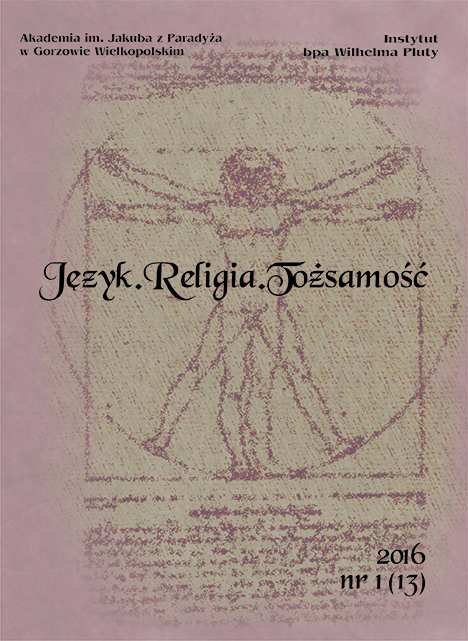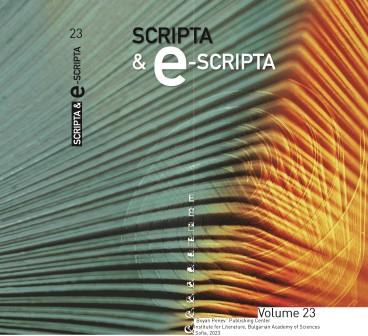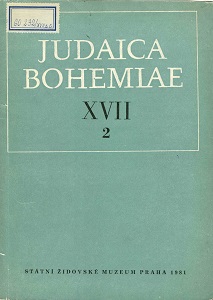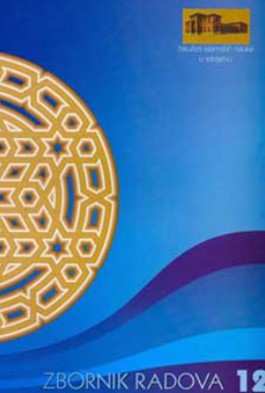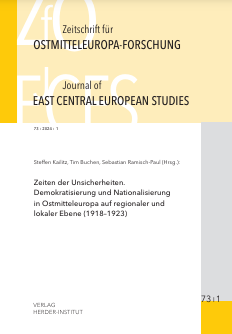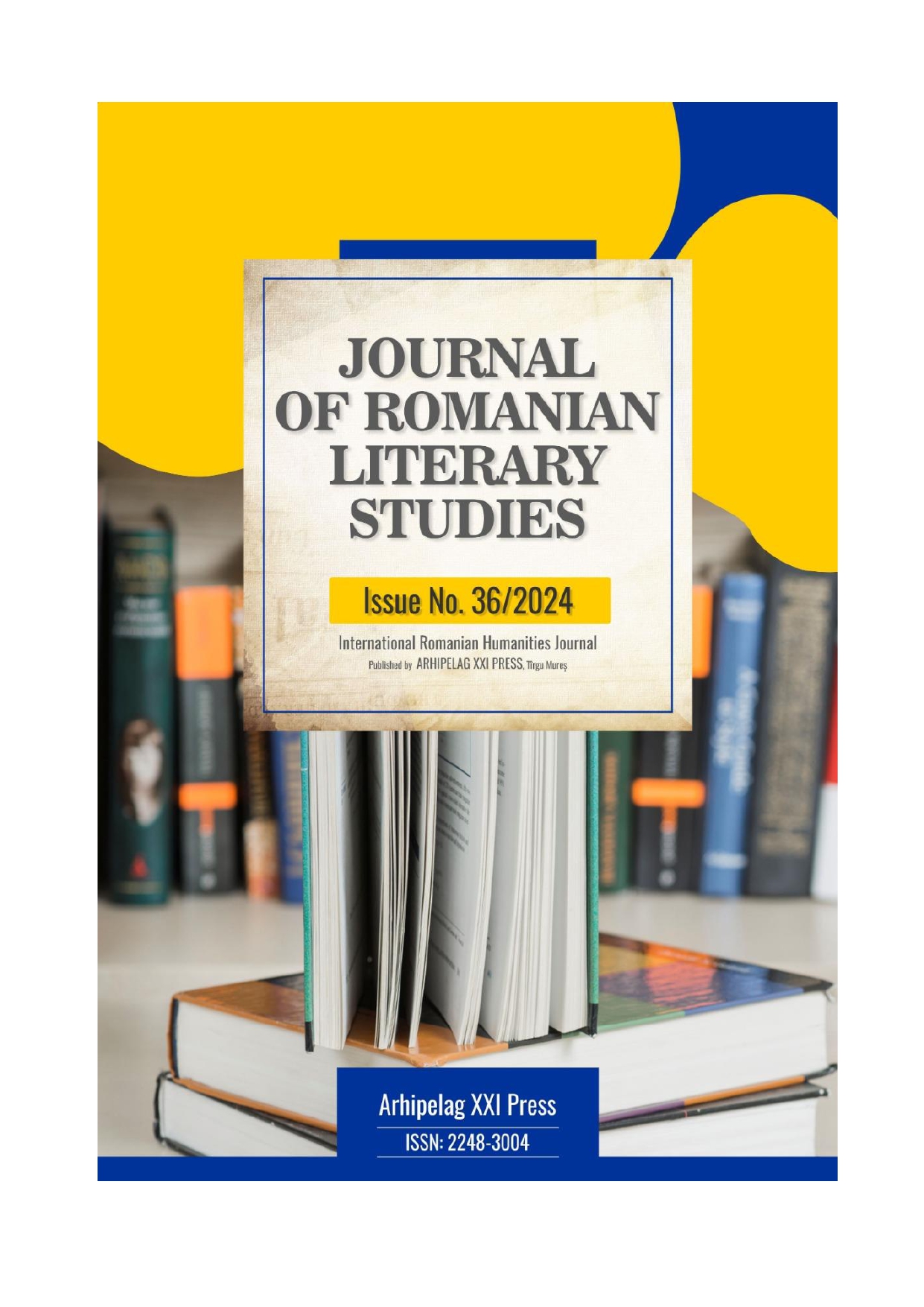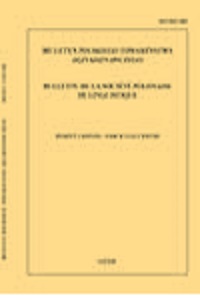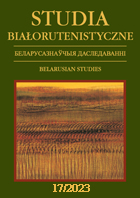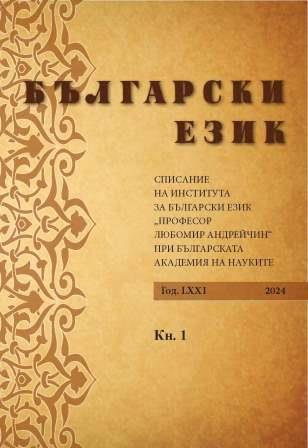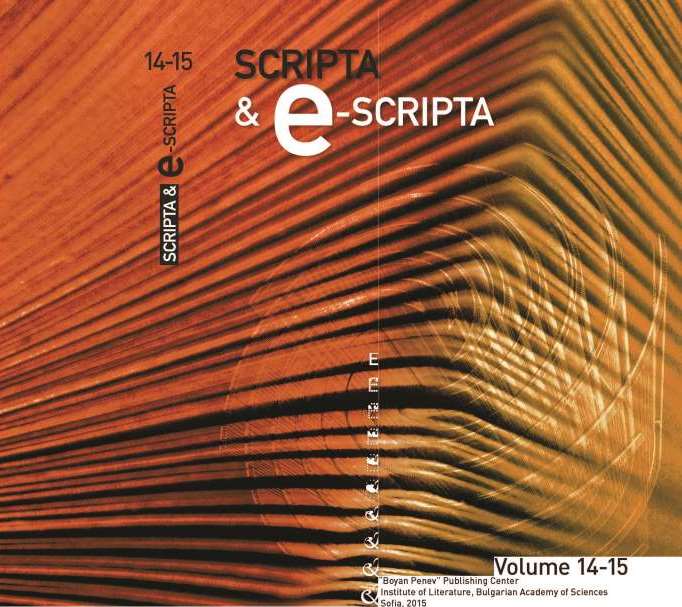
Linguistics vs. Digital Editions: The Tromsø Old Russian and OCS Treebank
This article provides a description of the Tromsø Old Russian and OCS Treebank (TOROT), which, along with its parent treebank, the PROIEL corpus (built by members of the project Pragmatic Resources in Old Indo-European Languages), is the only existing treebank of Old Church Slavonic, Old East Slavic and Middle Russian texts. The TOROT is a part of a larger family of treebanks of ancient languages which all use the PROIEL open-source annotion web tool and annotation schemes. In this article we present principles and selected problems at several levels of analysis in the TOROT, and then briefly discuss ways that corpus linguists and edition philologists can fruitfully collaborate and complement each other.
More...
